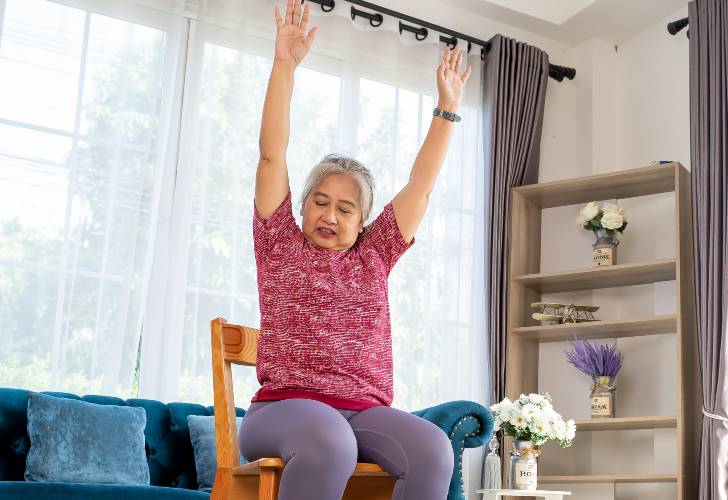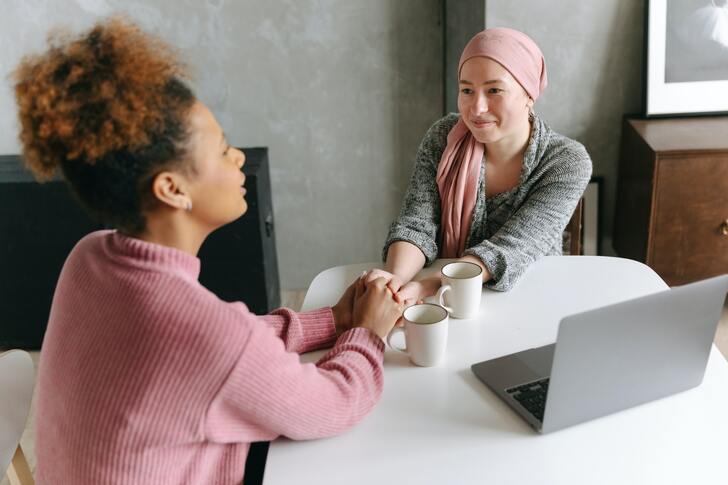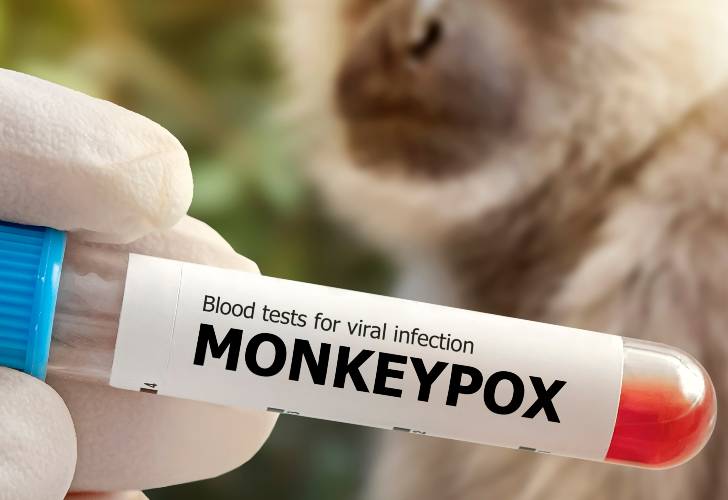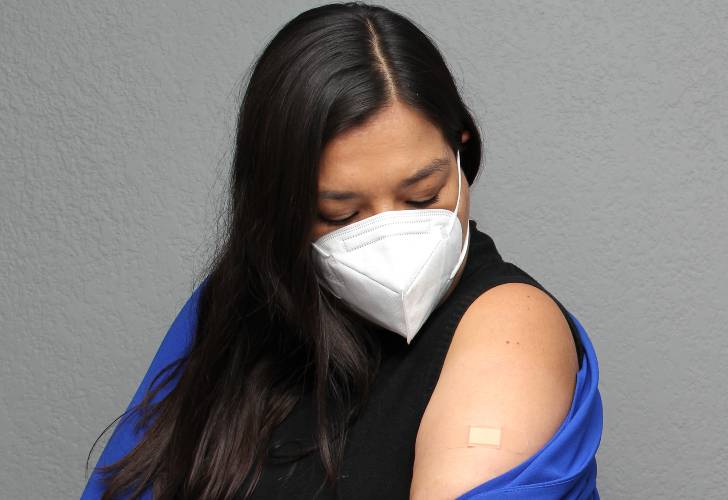
Do your muscles need more flexibility? Stretching is the answer
Stretching was always seen as necessary to warm up the muscles and prepare them for activity, but it is a discipline that can bring many benefits.
A disease like cancer can affect anyone, but not everyone equally. Social differences kill.

The socioeconomic status of an individual is one of the most critical factors that affect health, which has a direct impact on access to health insurance and, therefore, prevention, early detection, and treatment.
According to a study by the American Cancer Society, in the United States, Hispanics compared to non-Hispanic whites have lower educational levels and are more likely to live in poverty (16% vs. 7% in 2019).
Among people ages 18-64, 26% of Hispanics had no health insurance
during 2017-2018 compared to 9% of non-Hispanic whites. In the Hispanic population, the percentage of people without health insurance is higher in Mexicans (30%).
The pandemic disproportionately affected the Hispanic community and the effects among cancer patients in the community during isolation have yet to be studied. There is data that indicates that the life expectancy of Hispanics decreased by 3 years in 2020, largely as a result of the pandemic, the same study maintains.
The main types of cancer in Hispanic men are: prostate, colon and rectum, lung and bronchus, kidney and renal pelvis, liver, and intrahepatic bile duct. Among women: breast, cervix, colon and rectum, thyroid, lung and bronchus.
The key message is that no one should be disadvantaged in their fight against cancer because of how much money they make, the color of their skin, their sexual orientation, their gender identity, their disability status, or where they live.
There are several initiatives that are being promoted by the American Cancer Society through community leaders focused on healthy foods, such as what the Robert Wood Johnson Foundation (RWJF) is undertaking.
The American Cancer Society has awarded more than $16 million in funding to establish Cancer Health Equity Research Centers (CHERCs) at Minority-Serving Institutions (MSIs).
The Anthem Foundation has provided funding to connect with The Links Foundation, to train approximately 2,000 ACS/Links Health Ambassadors who will play a critical role in providing people with local resources and encouraging them to seek care in community medical homes.
Through the CHANGE program, with funds from the NFL, ACS is supporting 2-year funds to health systems in 32 cities to help women in the detection of breast cancer.
ACS has partnered with Pfizer to reduce the breast cancer mortality rate between black and white women, bridge the gaps affecting black men facing prostate cancer, and reduce systemic barriers and address gaps in health care delivery. cancer that affect outcomes for black people facing cancer.
The American Cancer Society Cancer Action Network (ACS CAN) is actively working to implement public policies at the local, state, and federal levels that help reduce disparities and improve health outcomes in the community.
To learn about the resources available to the community offered by the ACS, you can go to https://www.cancer.org/es/tratamiento.html
Source: www.cancer.org/healthequity

Stretching was always seen as necessary to warm up the muscles and prepare them for activity, but it is a discipline that can bring many benefits.

It is a difficult task for us to face, but once we do it, it translates into many benefits

Monkeypox usually affects people who are in contact with skin lesions or fluids from other people or derived fromanimals.

August is National Immunization Awareness Month, an opportunity to recognize the importance of vaccination and to check if everyone in your family is updated with the immunization schedule.